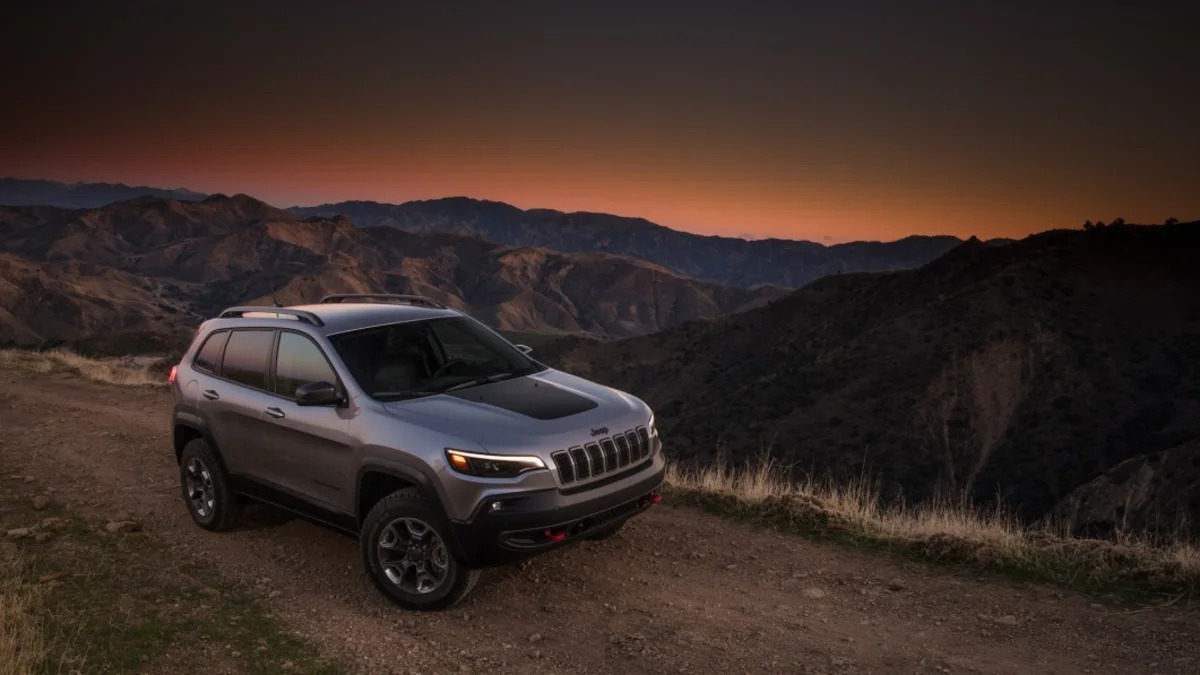With the vehicle inventory shortages of the past few years, it’d be easy to assume that most new models fly off dealers’ lots as soon as they land. While that certainly is the case with some vehicles, iSeeCars recently updated its fastest-selling cars study with data on the slowest-moving models in the market.
iSeeCars’ executive analyst, Karl Brauer, said, “Dealers and manufacturers have typically targeted 60 days as the time to sell a vehicle, though that number dropped dramatically during Covid due to shortages in new and used car supply.” He noted that the 10 slowest-selling used cars all took longer than 60 days to sell on average, and all of the slowest-moving new cars averaged more than 80 days.
On the used car side of the house, the 10 slowest-selling vehicles are:
- Buick Enclave: 64.3 days
- Chrysler 300: 64.7
- Chevrolet Blazer: 65.9
- Land Rover Range Rover: 68.4
- Tesla Model X: 71.4
- Cadillac XT4: 71.9
- Land Rover Discovery Sport: 73.6
- Ford Mustang Mach-E: 75.8
- Buick Envision: 82.3
- Tesla Model S: 88.3
The 10 slowest-selling new cars took so long to move that they made the used cars look like rockstars in comparison. Though there’s only one EV on this list – the Nissan Leaf – electric car sales have slowed dramatically in the past year. The list of slow-selling new cars includes:
- Infiniti QX80: 87.2
- Nissan Murano: 88.7
- Ford Edge: 93.6
- Nissan Leaf: 95.2
- Lincoln Aviator: 105.1
- Mazda MX-5 Miata: 107.3
- Ford Mustang: 108.6
- Buick Envision: 117.0
- Land Rover Discovery Sport: 119.4
- Jeep Cherokee: 128.7
Overall, used cars sold in 49 days on average, which iSeeCars noted as an improvement over a year ago. At the same time, new car sales have slowed by 25.7 percent, and electric vehicles of all types take twice as long to sell on average than they did in the previous year. While that’s not the best news for automakers, it could mean better prices and a stronger negotiating position for buyers in the finance office.


Sign in to post
Please sign in to leave a comment.
Continue